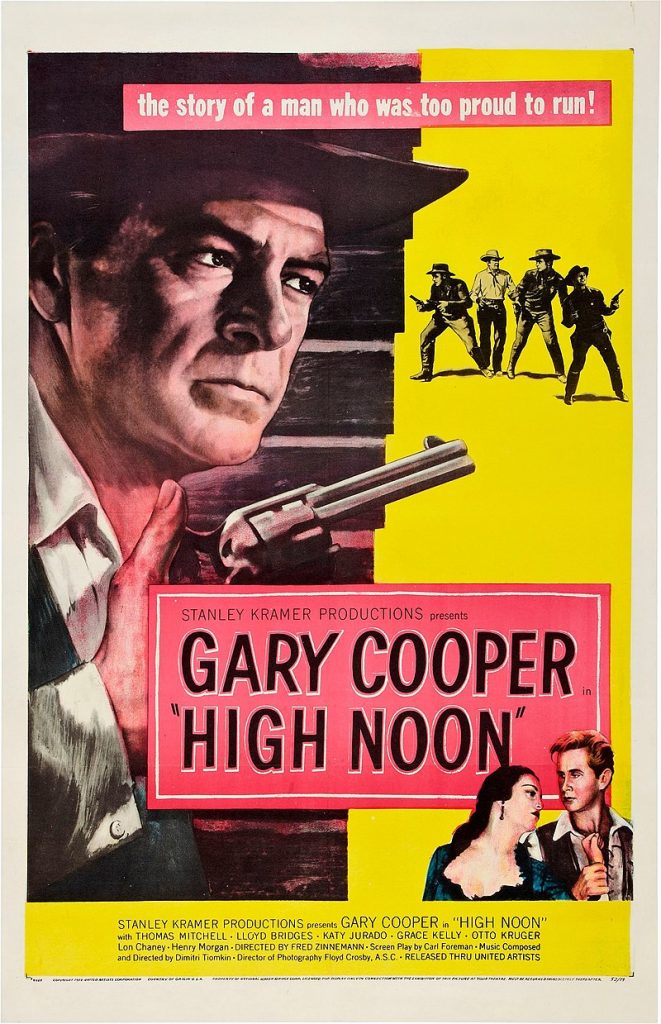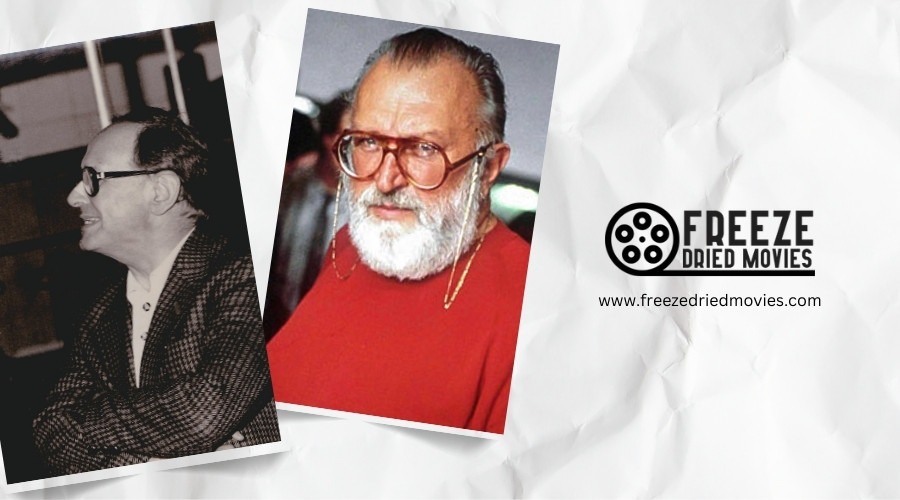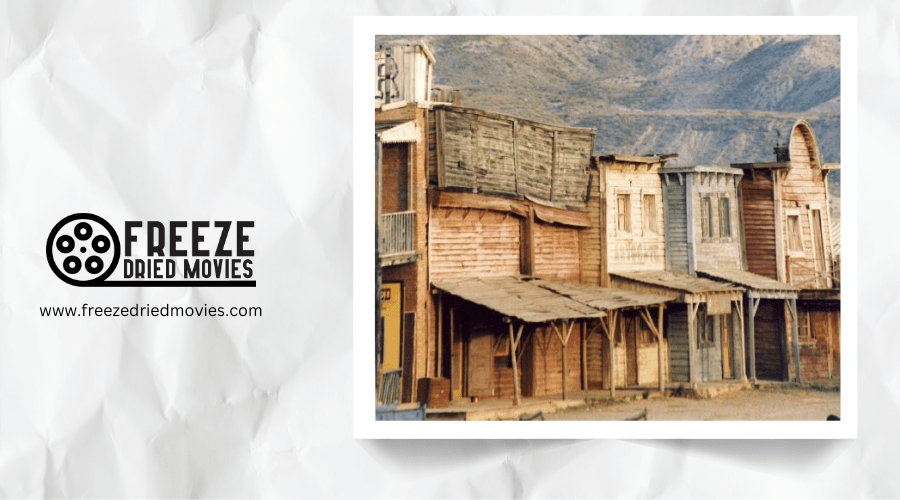Unforgettable Performances: Legendary Actors of Spaghetti Western Cinema

When you think of the dusty trails and tense showdowns of spaghetti westerns, certain faces immediately come to mind. From Eastwood's squinted gaze to Van Cleef's menacing stare, these actors didn't just play roles—they became legends of cinema. You've seen their performances, felt their impact, and perhaps even mimicked their iconic movements. But what made these particular performers so mesmerizing in a genre that transformed the traditional western? The answer lies in their unforgettable screen presence and the cultural revolution they sparked.
The Man With No Name: Clint Eastwood's Iconic Persona
Few characters in cinema history have achieved the legendary status of "The Man With No Name," portrayed by Clint Eastwood in Sergio Leone's Dollars Trilogy. You'll notice how Eastwood transformed from a "Rawhide" TV series actor into an international icon through these Italian westerns. His squinting eyes, poncho, and cigar-clenched grimace defined the western genre for generations.
After starring in "A Fistful of Dollars," Eastwood's minimalist acting style perfectly matched Leone's visually stunning direction. Their collaboration revolutionized spaghetti westerns, moving away from Hollywood's romanticized West toward gritty realism.
Before becoming the "Dollar Baby" of cinema, Eastwood was virtually unknown in film circles. The Man with No Name character's stoic demeanor and moral ambiguity created a new archetype that continues to influence western storytelling today. This breakthrough role came after Eastwood spent six years playing Rowdy Yates on the TV series Rawhide, where he evolved from struggling actor to recognizable star.

Lee Van Cleef: From Villain to Anti-Hero
The hawk-faced intensity of Lee Van Cleef transformed the spaghetti western landscape as dramatically as the desert sun alters shadow. His breakthrough in "High Noon" (1952) featured minimal dialogue, yet his presence spoke volumes—setting the stage for an extraordinary career.
Van Cleef's villainous turn as Colonel Mortimer in Sergio Leone's "For a Few Dollars More" established him as one of the most iconic antagonists in the SPAGHETTI WESTERN genre. His piercing stare and distinctive features made him unforgettable across over 80 films.
Later, he demonstrated remarkable versatility by shifting to anti-heroic roles, particularly as Scott in "Day of Anger" (1967). This evolution showcased his range beyond mere villainy. Unlike John Wayne's portrayal of the classic Western hero with a distinctive voice and rugged demeanor, Van Cleef brought a mysterious intensity to his characters. Until his death in 1989, Van Cleef's performances consistently epitomized the rugged spirit that made WESTERN cinema legendary.
Giuliano Gemma: Italy's National Gunfighter
While Lee Van Cleef carved his niche with menacing glares and calculated malice, Giuliano Gemma conquered Italian western cinema with boyish charm and lightning-fast gunplay. Nicknamed "Il Pistolero Nazionale," this Italian actor transformed from peplum stuntman to spaghetti western icon, starring in over 17 genre films during its golden age.
You'd recognize Gemma for his signature smart-mouthed heroes and impressive gun-twirling skills that made him a box office sensation in Italy. His breakthrough came with the wildly successful "A Pistol for Ringo" and "The Return of Ringo" in the mid-1960s.
In 1967, he paired with Lee Van Cleef in "Day of Anger," playing his protégé. His contributions earned him induction into the Spaghetti Western Database Hall of Fame in 2010, cementing his legacy as one of Italy's most beloved western stars. This artistic evolution mirrored Henry Fonda's career trajectory from playing morally upright heroes to embracing more complex characters in his later Western films.
The Dynamic Duo: Terence Hill and Bud Spencer
When traditional spaghetti westerns leaned into gritty violence and moral ambiguity, Terence Hill and Bud Spencer revolutionized the genre by injecting it with comedic flair and playful banter.
Born Mario Girotti, Terence Hill adopted his stage name and perfected the role of the quick-witted hero, while Carlo Pedersoli—a former professional swimmer and water polo player—became Bud Spencer, the burly, good-natured enforcer. Their unique chemistry produced numerous box office hits throughout the 1970s, including "They Call Me Trinity" and "Trinity Is STILL My Name."
You'll recognize this iconic duo by their signature slapstick fights and over-the-top action sequences. While classically-trained Hill delivered sharp one-liners, Spencer's imposing physique handled the muscle work, creating cult classics that still entertain audiences decades later.
Franco Nero's Django and the Legacy of Italian Western Heroes
Few actors have defined the spaghetti western genre as distinctively as Franco Nero, whose portrayal of Django in 1966 forever altered the cinematic landscape of Italian westerns. His interpretation of the vengeance-seeking gunfighter with piercing blue eyes and brooding presence elevated these films beyond their exploitation roots.
The film's brutal, morally ambiguous tone inspired over 30 unofficial sequels and spinoffs. Nero's ability to convey complex emotions silently revolutionized the genre's storytelling approach.
Django's legacy lives on as one of cinema's most influential characters, with Nero's performance launching both his international career and a new archetype of Italian western heroes that continues to resonate with audiences today.
Claude d'Anna, Giuliano Gemma dans Le cercle des passions de Claude d'Anna (cropped), CC BY-SA 4.0



